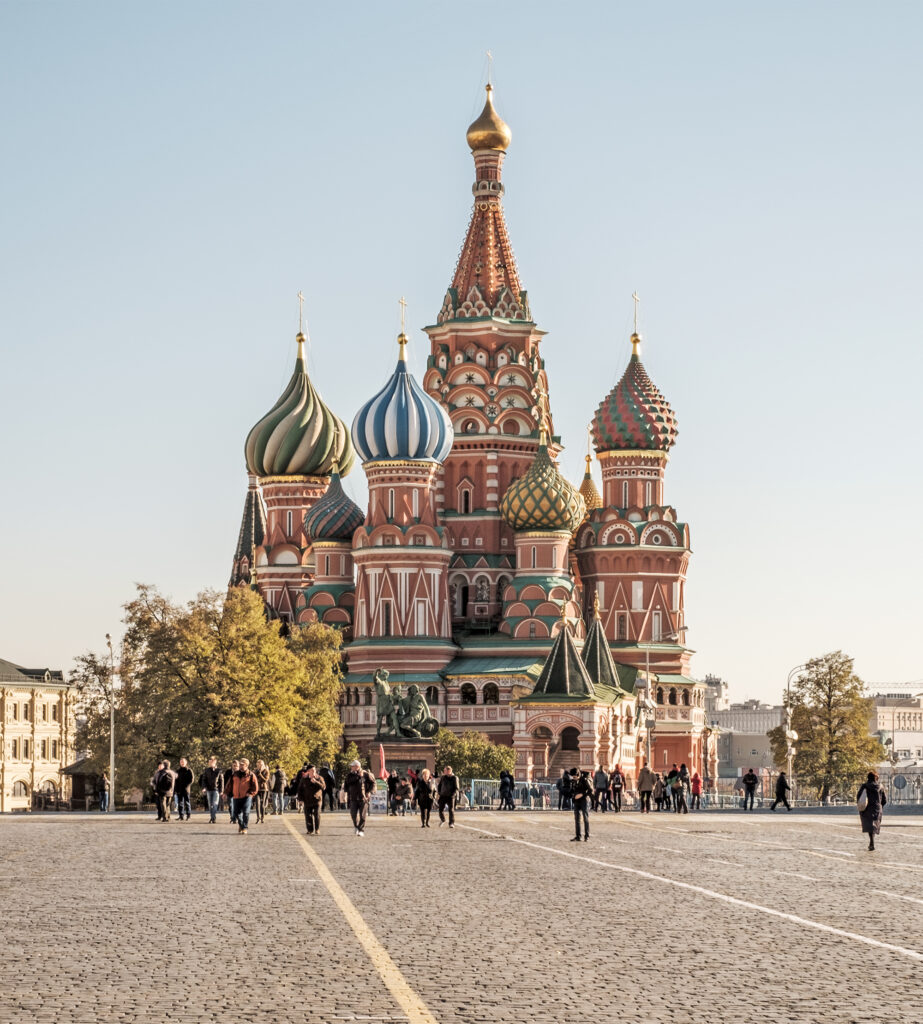
For it seems to me that God has displayed us apostles at the end of the procession, like prisoners appointed for death. We have become a spectacle to the whole world, to angels as well as to men. We are fools for Christ, but you are wise in Christ. We are weak, but you are strong. You are honored, but we are dishonored. To this very hour we are hungry and thirsty, we are poorly clothed…. (1 Cor. 4:9-11)
St. Paul says that he and those who support him are fools for Christ. He mocks his Corinthian opponents who claim to be wise and strong and much more honorable or respectable. St. Paul is happy to be considered a fool if that means he is being faithful to Christ.
Many saints, especially among the Eastern Christians, have also embraced the appearance of foolishness–i.e. craziness–in order to remain faithful to Christ. Some of these saints might have been people that we would now consider mentally ill. Others were not ill but so devoted to following the Gospel that they looked crazy to everyone around them.
Fidelity to Christ and the Gospel does in fact demand that Christians look at least a little bit crazy. The word for blessed in Slavonic is the same as the word for crazy. So Jesus’ words, “Blessed are the peacemakers…. Blessed are those who hunger and thirst after righteousness…. Blessed are the meek…,” can also be understood as “Crazy are the peacemakers…. Crazy are those who hunger and thirst after righteousness…. Crazy are the meek….”
Many of the most famous fools-for-Christ were the saints who were crazy enough to rebuke vicious secular rulers, such as Ivan the Terrible, who committed mass atrocities against their people. Others were ascetics who renounced social norms to such a degree that they seemed crazy to their contemporaries.
See the essay on “Foolishness for Christ” in Wikipedia here.
